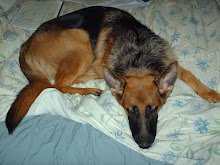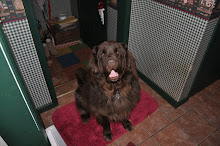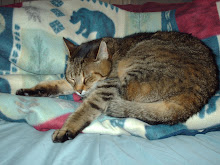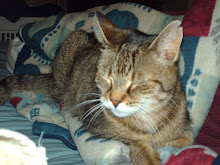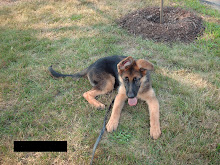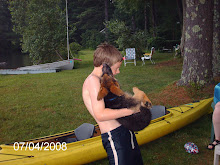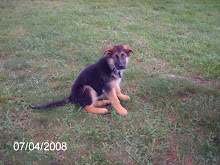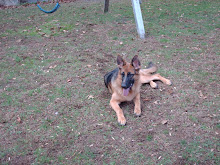The Connecticut Department of Environmental Protection (DEP) reminds residents to take steps to reduce contact and conflicts with bears. These steps are becoming increasingly important as bears emerge from winter hibernation looking for food and because the state's bear population is growing. This growing and expanding population is estimated at between 300 to 500 bears, increasing the need for people to know how to prevent problems. In 2010, the DEP received over 3,000 bear sighting reports from 115 of Connecticut's 169 towns. This spring, the DEP has already received several reports of bears coming into populated areas and interacting with humans and animals. When bears emerge from their winter dens, natural foods are scarce and, as a result, bears are often attracted to human-provided foods found near homes. On rare occasions they may attack livestock.
"As Connecticut's bear population continues to grow, residents of our state should familiarize themselves with steps they can take to avoid contact with this species," said Susan Frechette, Deputy Commissioner of the DEP. "Most unwanted contacts occur when bears are attracted close to homes by food – such as bird feed, refuse and residue on grills – that is made available to them. This can lead to more serious problems, including habituated bears that have lost their fear of humans. The best method to prevent problems with bears is to avoid feeding them by taking down bird feeders in the spring, keep garbage cans in a shed or a garage or tightly secured and keep outdoor cooking equipment clean."
The two most common food attractants are bird feeders and poorly-stored household garbage. Birdfeeders should be taken down and put away during spring, summer, and fall. Household garbage should be stored in closed garages or sheds. In cases where this can't be done, ammonia should be added to the garbage bags and cans to discourage pilfering by bears and other animals. Other items that can attract bears include pet and livestock foods, grease and drippings on barbecue grills, sweet or fatty food scraps in compost piles, and fruit on or dropped from trees.
Although uncommon, bears will attack and kill livestock, such as sheep, goats, pigs, and fowl. They also can destroy unprotected beehives. One of the best precautions for these problems is well-maintained electric fencing. Other recommendations for livestock growers include moving animals into sheds at night, keeping feed contained, keeping animals as distant from forested areas as possible, and using guard dogs.
The DEP encourages residents to take the following simple steps to avoid problems with black bears:
1. Never intentionally feed bears.
2. Take down, clean, and put away birdfeeders by late March. Store the feeders until late fall. Clean up spilled seed below feeder stations.
3. Store garbage in secure, airtight containers inside a garage or storage area. Double bagging and the use of ammonia will reduce odors that attract bears. Periodically clean garbage cans with ammonia to reduce residual odor. Garbage for pickup should be put outside the morning of collection and not the night before.
4. Avoid leaving pet food or dishes outdoors at night.
5. Keep barbecue grills clean. Store grills inside a garage or shed.
6. Avoid placing meat scraps or sweet foods in compost piles.
7. Protect beehives, livestock, and berry bushes from bears with electric fencing.
8. Keep dogs on a leash outdoors. A roaming dog might be perceived as a threat to a bear or its cubs.
If you encounter a bear while hiking, make your presence known by yelling or making other loud noises. Usually, a bear will move from an area once it detects humans. If a bear does not retreat, slowly leave the area and find an alternate hiking route. While camping, be aware that most human foods are also attractive to bears. Keep a clean campsite, and make sure food and garbage are secure (for example, keep food in a cooler stored in the trunk of a car).
Prevention and tolerance are the basis for learning to live with bears in Connecticut. It is important to remember that although black bears regularly travel near houses, they are rarely aggressive toward humans and can usually be frightened away by making loud noises, throwing sticks, or spraying with a garden hose. However, it is not uncommon for bears that have found food, such as birdseed from feeders, to ignore such disturbances. In the rare instance when a bear appears to be aggressive toward people, residents should contact the DEP Wildlife Division Sessions Woods office at 860-675-8130 (Mon.-Fri. from 8:30 AM-4:30 PM) or the DEP's 24-hour dispatch line (860-424-3333) during weekends and non-business hours.
Bear sightings reported by the public provide valuable information to assist the DEP Wildlife Division in monitoring the black bear population. Anyone who observes a black bear in Connecticut is encouraged to report the sighting on the DEP's Web site (www.ct.gov/dep) or call the Wildlife Division's Sessions Woods office. Some bears have been ear-tagged for research. Information on the presence or absence of tags, including tag color, letters and numbering is particularly valuable. To obtain informational fact sheets about bears, visit the DEP's Web site or call the Sessions Woods office.






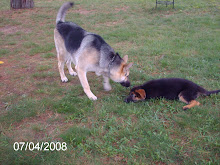
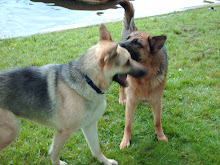
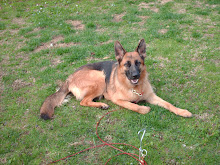
lr2.jpg)

